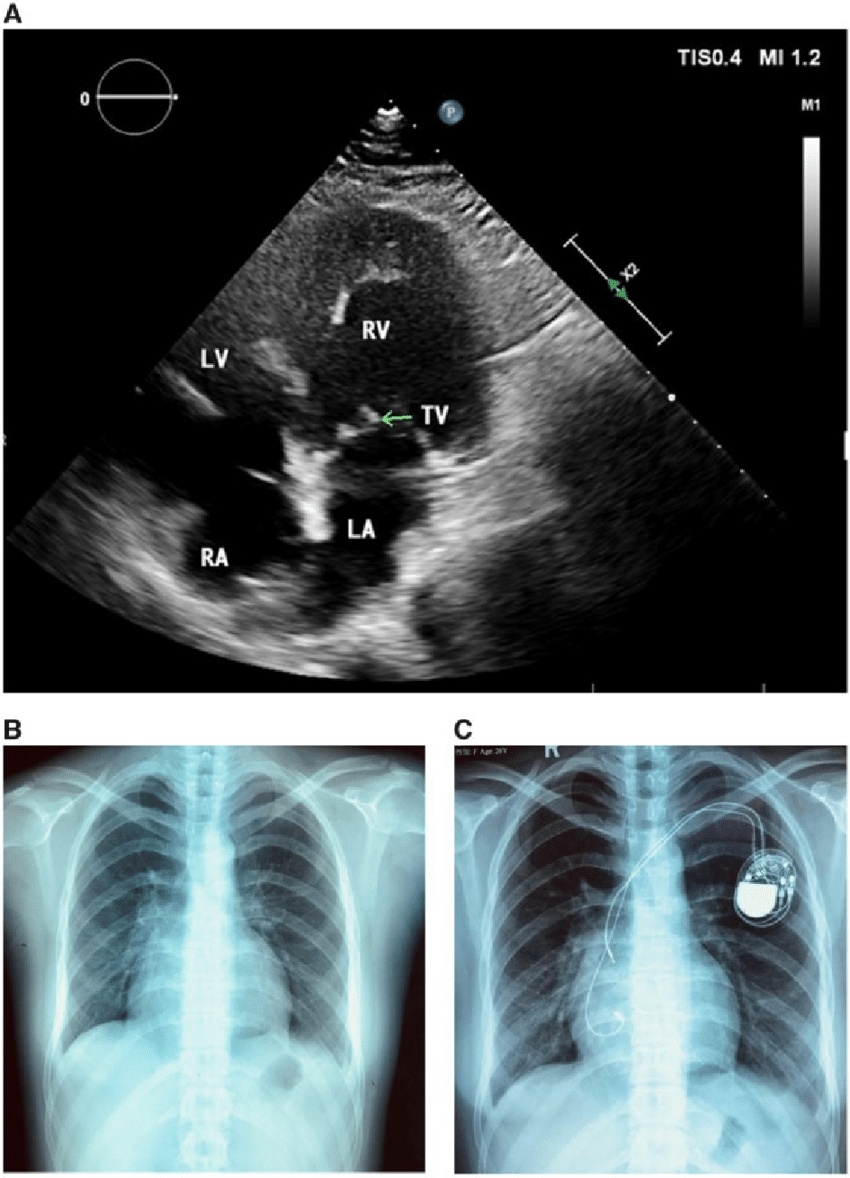A Beginner's Guide to Understanding Heart Scan Techniques and its Clin…
페이지 정보
작성자 Wilton 작성일 25-04-23 03:32 조회 35 댓글 0본문
What is a Heart Imaging Technique?
A nuclear heart scan is a type of medical diagnostic tool that uses low-level radioactive tracers to visualize the heart's function and structure. The test involves injecting a small amount of radioactive material into the bloodstream through an intravenous line. The radiation is absorbed by the heart muscle and emits signals that are detected by a special camera called a gamma camera. These signals are used to create images of the heart that can be analyzed by a medical professional.
How is a Nuclear Heart Scan Performed?
The process of a Nuclear Heart Scan usually takes about 30-60 minutes. Here is a step-by-step overview:
- Preparation: Before the test, patients are advised to stop smoking for at least 24 hours and avoid caffeine and certain medications. They are also required to eat a light meal and wear comfortable clothing.
- Injection: The radioactive material is injected into the bloodstream through an intravenous line. This is usually done in a hospital.
- Imaging: Patients are then asked to lie down on a table under the camera system. The camera takes images of the heart at regular intervals, usually every 15-20 minutes.
- Stress Test: Some patients may be asked to exercise on a treadmill or stationary bike to increase their heart rate and blood flow. This is done to stimulate the heart muscle and reveal any areas of reduced blood flow.
A nuclear heart scan has several clinical applications in diagnosing and managing cardiac conditions. Some of the key uses include:

- Diagnosing Cardiac Issues: Nuclear heart scans can help diagnose heart conditions by detecting areas of reduced blood flow to the heart muscle.
- Identifying Patients at High Risk: By evaluating the extent of cardiac conditions and the presence of certain risk factors, nuclear heart scans can help identify patients at varying levels of risk of certain complications.
- Evaluating Cardiac Symptoms: Nuclear heart scans can help determine the cause of certain discomfort.
- Monitoring Therapy: Nuclear heart scans can also be used to monitor the effectiveness of certain interventions such as stenting.
While the benefits of a nuclear heart scan are numerous, اسکن قلب there are also some risks to consider. These include:
- Risks from Low-Dose Radiation: Nuclear heart scans involve low-level radiation, which can increase the risk of other health problems.
- Adverse Reactions: Some patients may be allergic to the certain substances used in the test.
- Certain Substances: The contrast agent used in the test may cause temporary nausea and vomiting.
- Misdiagnosis: Nuclear heart scans may produce false positive results, which can lead to uncertainty and therapy.
In conclusion, a nuclear heart scan is a valuable tool for evaluating the health of the heart muscle and diagnosing heart conditions. While it involves certain complications, the advantages of the test far outweigh the risks. With proper use, nuclear heart scans can help patients and healthcare providers make wise decisions about treatment and reduce the risk of certain complications.
- 이전글 Guide To Buy UK Driving Licence: The Intermediate Guide Towards Buy UK Driving Licence
- 다음글 11 Ways To Completely Redesign Your Windows.And Doors Near Me
댓글목록 0
등록된 댓글이 없습니다.